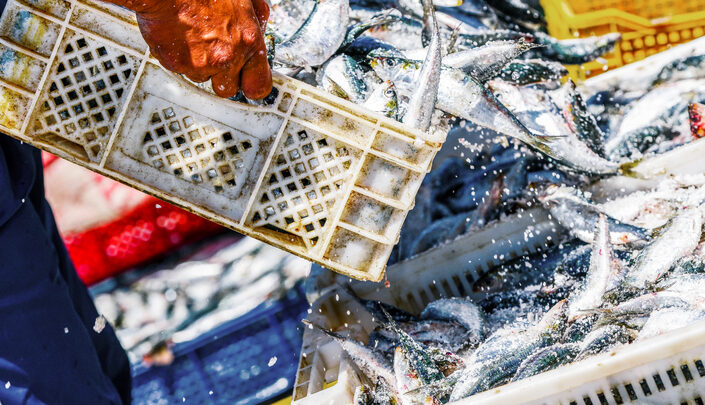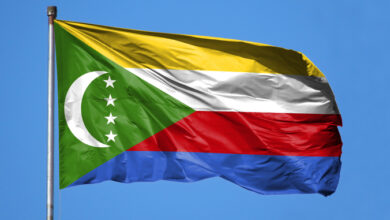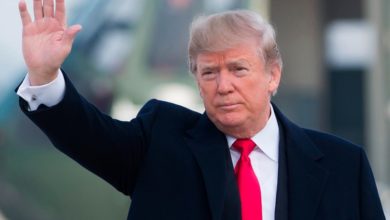World
Sierra Leone’s Government Bans Industrial Fishing For A Month

The government of Sierra Leone has reportedly announced a ban on industrial fishing in its territorial waters for a month with effect from Monday, April 1. The ban has been implemented to shore up stocks applauded by environmental activists.
The government has also put a halt on exports by major fishing companies “to protect our fish stock from depletion”, said a statement from the fisheries ministry, reported Africa News.
Minister of Fisheries Emma Kowa Jalloh told AFP that all industrial fishing companies have been advised to stock their fish in cold rooms during the period of closure.
Steve Trent, executive director at Environmental Justice Foundation (EJF), said many coastal communities in Sierra Leone depend on fishing for food and their livelihood. He said while the organization applauds, the government must introduce legal, equitable and sustainable fishing industry management.
“We are working towards helping Sierra Leone with surveillance boats and regulatory framework for sustainable fishing methods,” Trent said.
Sierra Leone National Fishermen Consortium chairman Alpha Sheku Kamara blamed China and Korea of destroying stocks. He said the people are happy that the government has declared fishing period closure after a
Kamara pointed out that the industrial fishing boats from China and Korea are destroying the nets and also depleting the fish stock. He went on to call the government to effectively enforce the ban with surveillance.
According to the Greenpeace environmental group, the West African states of Mauritania, Senegal, Gambia, Guinea-Bissau, Guinea and Sierra Leone lost about $2.3 billion a year from 2010 to 2016 due to illegal and undeclared fishing.
The 2017 Sea Around Us project at the University of British Columbia, the University of California at Berkeley and five other organizations reported that illegal fishing in Sierra Leone accounts for about 30 percent of catches by industrial foreign fleets.






